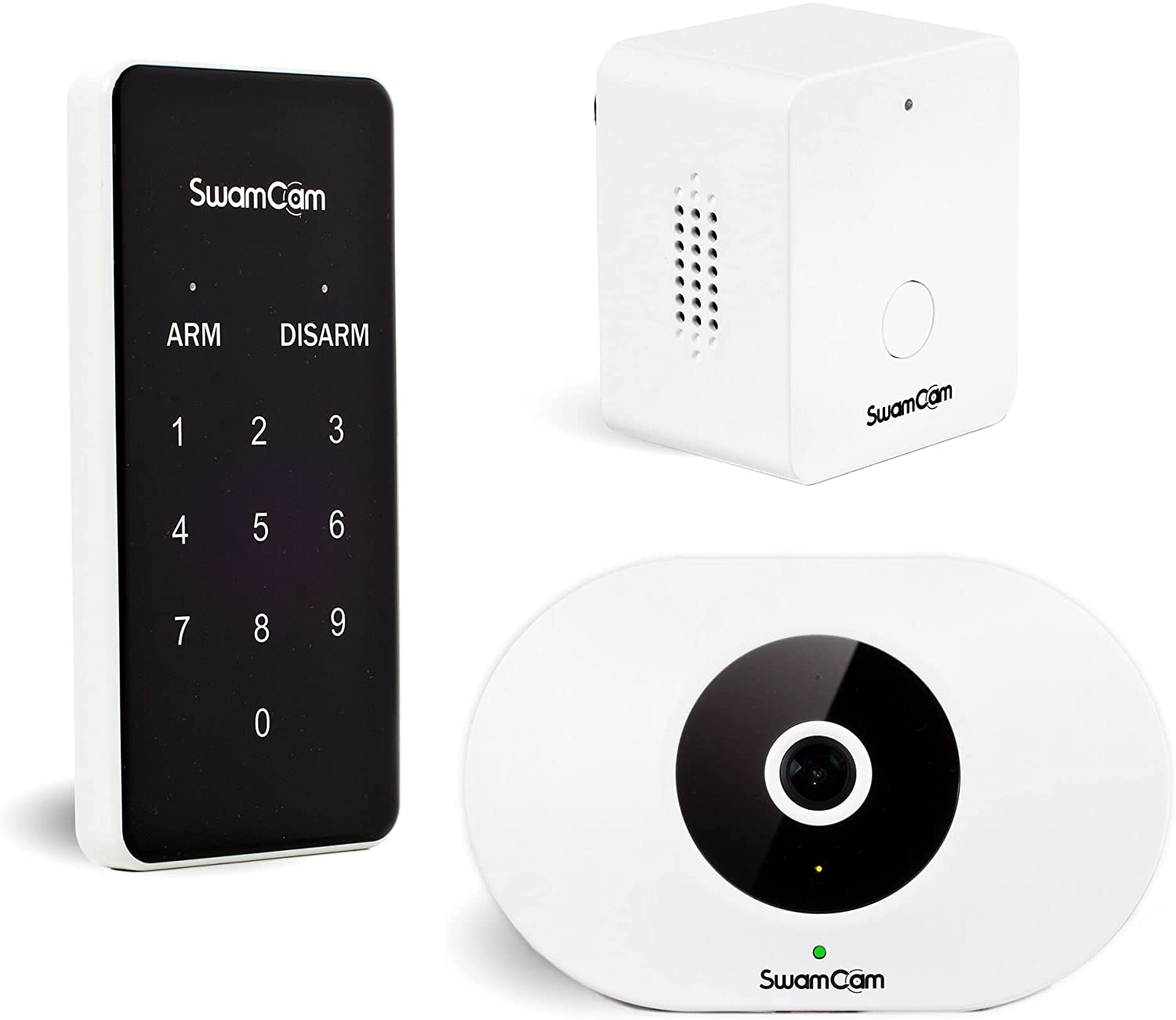
The Best Pool Alarms for Home Swimming Pools: A Comprehensive Guide
Understanding the Importance, Types, and Features of Pool Alarms to Keep Your Family Safe
Introduction
Pool alarms are essential safety devices for home swimming pools, helping to prevent accidents and ensure the wellbeing of your family and guests. With numerous types and styles of pool alarms available, it can be challenging to determine which one is right for your needs. In this article, we will discuss the purpose of pool alarms, explore the different styles, explain how to use them, and outline the pros and cons of each type.
The Purpose of Pool Alarms
Pool alarms are designed to alert you when there is unexpected movement or entry into your swimming pool. They can provide an added layer of protection for children, pets, and non-swimmers, helping to prevent accidental drowning and other pool-related incidents.
Different Styles of Pool Alarms
- Surface Wave Sensors: These pool alarms detect disturbances on the water’s surface, sounding an alarm when significant waves are created, such as when someone enters the pool. They are easy to install and typically float on the water’s surface or attach to the pool’s edge.
- Subsurface Alarms: Subsurface alarms use advanced technology to monitor changes in water pressure or movement beneath the water’s surface. These alarms are generally more accurate and less prone to false alarms than surface wave sensors.
- Gate Alarms: Gate alarms are installed on the pool’s surrounding fence or barrier, alerting you when someone opens the gate or attempts to bypass it. These alarms can be an excellent addition to other pool alarm systems, ensuring a comprehensive safety net.
- Personal Immersion Alarms: These wearable devices are designed to be worn by children or pets, triggering an alarm when they become submerged in water. Personal immersion alarms can provide an added layer of protection and peace of mind, especially for families with young children or pets.
How to Use Pool Alarms
- Choose the Right Alarm: Select a pool alarm that suits your specific needs and pool setup. Consider factors such as pool size, type of pool (above ground or in-ground), and potential users (children, pets, or adults).
- Installation: Follow the manufacturer’s instructions for installing your chosen pool alarm. This may involve attaching the alarm to the pool’s edge, installing it on a gate, or properly positioning a floating sensor.
- Testing: Regularly test your pool alarm to ensure it is functioning correctly. This may involve creating disturbances in the pool water or attempting to open a gate alarm to check if the alarm sounds as expected.
- Maintenance: Keep your pool alarm clean and well-maintained to ensure optimal performance. Replace batteries as needed and store the alarm safely during the off-season if you close your pool.
Pros and Cons of Pool Alarms
Pros:
- Pool alarms provide an added layer of safety for your swimming pool, helping to prevent accidents and drownings.
- They can offer peace of mind for families with young children, pets, or non-swimmers.
- Many pool alarms are relatively affordable and easy to install.
- They can complement other pool safety measures, such as fences, pool covers, and supervision.
Cons:
- Some pool alarms may be prone to false alarms, which can be disruptive and lead to reduced sensitivity to genuine threats.
- No pool alarm can guarantee complete safety, and they should not replace adult supervision or other safety precautions.
- Certain pool alarms may require regular maintenance or battery replacements to ensure they remain functional.
Conclusion
Pool alarms are a valuable addition to any home swimming pool, helping to enhance safety and provide peace of mind for families and pool owners. By understanding the different types of pool alarms available, their uses, and their pros and cons, you can make an informed decision what will work best for your pool.




